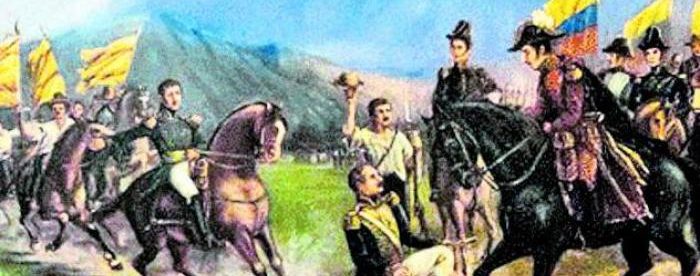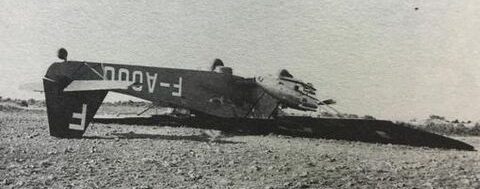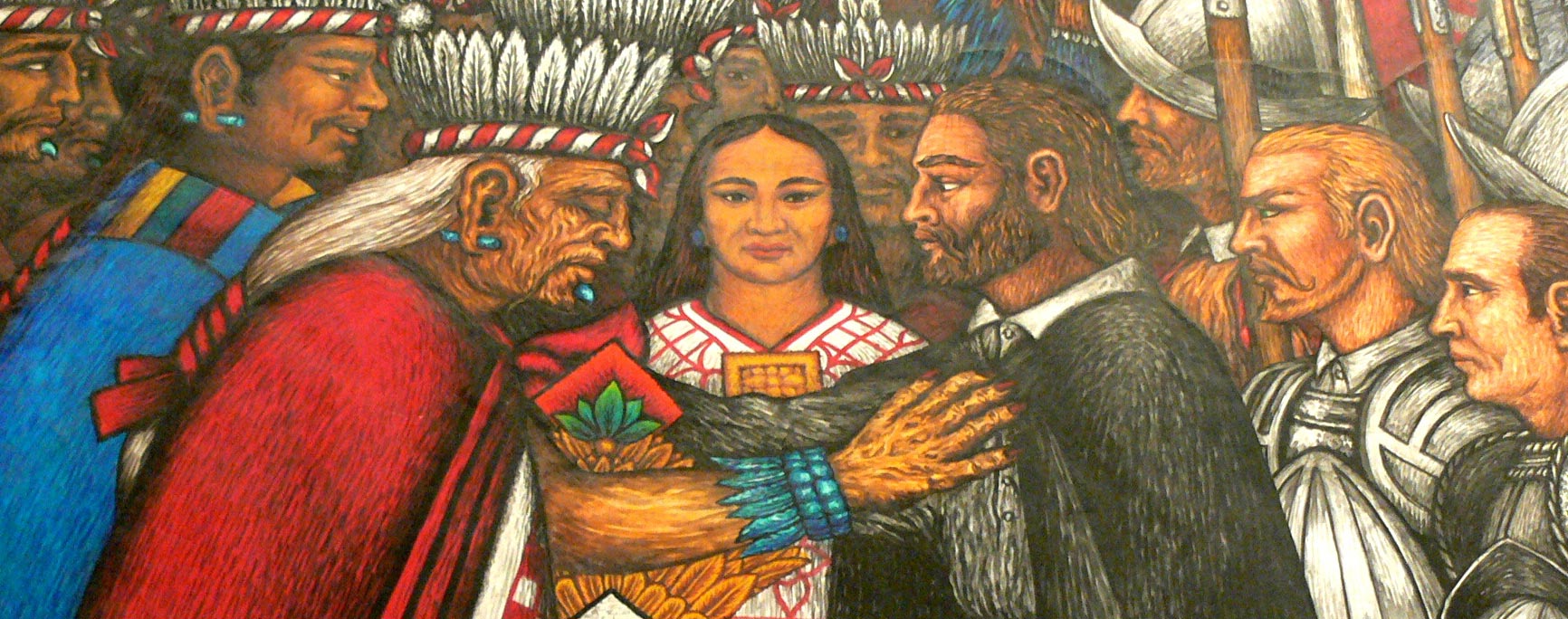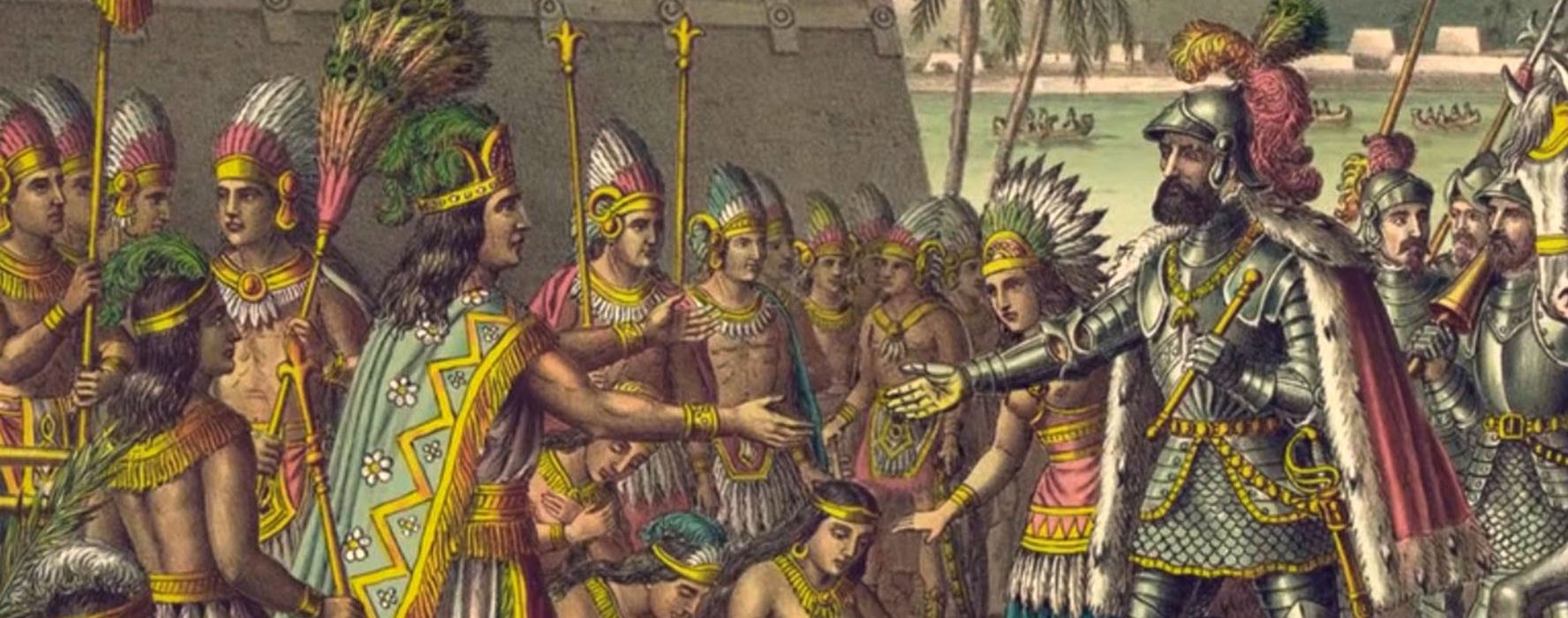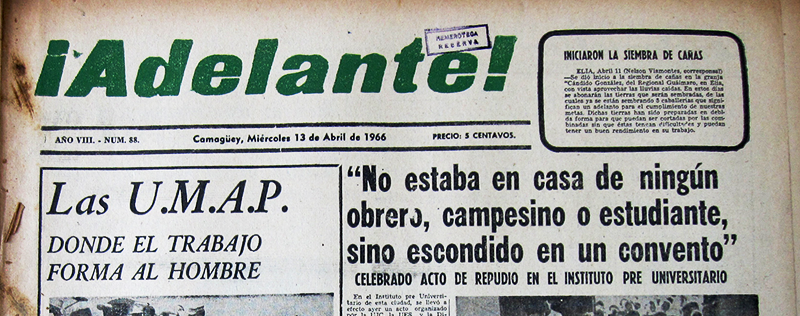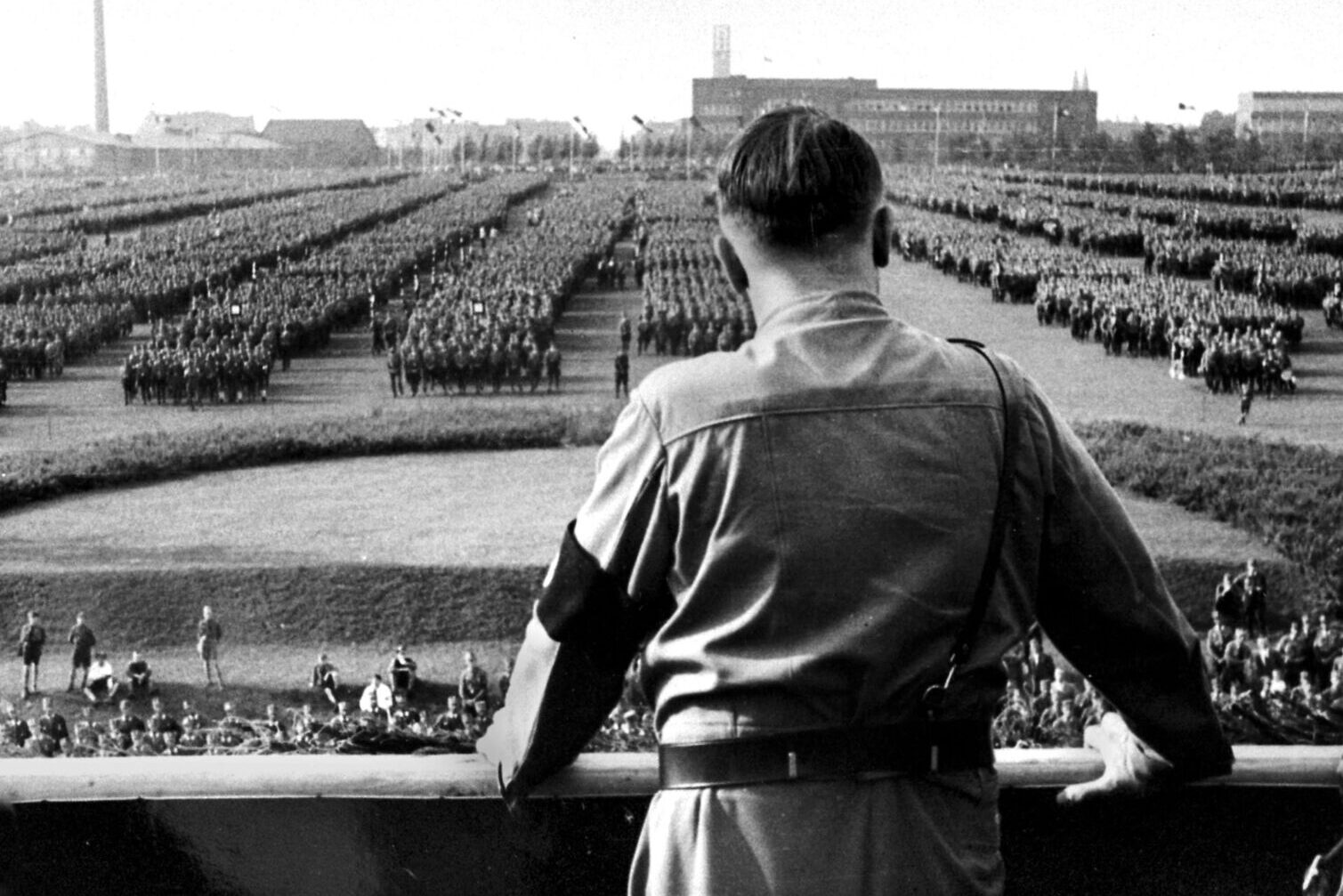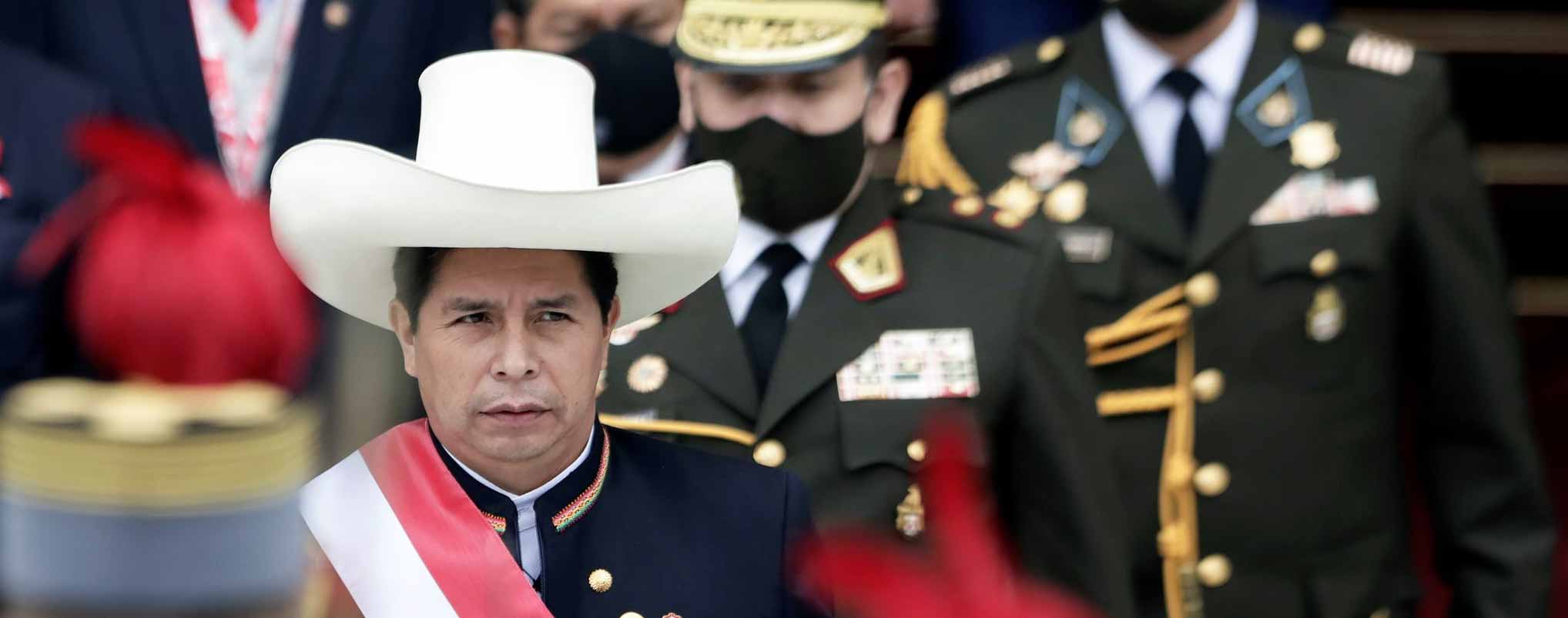Source:Portafolio
Beethoven Herrera Valencia, professor at the Universidad Nacional de Colombia, talks about the role of this country in the Bicentenary.
England’s interest in undermining the Spanish commercial monopoly in Hispanic America was expressed in the attacks on Havana, Buenos Aires, Montevideo, and Cuba, in addition to the attacks by pirates who looted and sank galleons carrying gold and silver from America to Spain.
This interest explains the financing that English private bankers, with the acquiescence of the crown, granted to the rebels leading to significant English legions arriving in support of the independence cause. But the subsequent collection of these credits had the support of the Crown, whose diplomats exerted all kinds of pressure, even with threats of reaching to arms in order to force repayment of the credits.
In his thesis “The sovereign debt of Colombia during the 19th century” Mauricio Avellaneda shows that on more than one occasion the Colombian delegates offered to pay the debt using mechanisms other than currency. In the 1845 Convention, they proposed to pay the interest on tobacco and extinguish the debt by handing over the tobacco monopoly and in the 1861 Convention, they offered to give them uncultivated lands, while in the 1873 Convention they proposed to pay the entire debt leasing in perpetuity the profits from the salt plains of Zipaquirá. But the creditors did not accept land and the payment was reduced with the issuing of new bonds …
On various occasions, the Colombian authorities experienced pressure from the British Delegation in Bogotá to achieve a behavior favorable to British interests. When President Santander asked Congress in 1823 to decide on Zea’s operations, he pointed out that the assets of the Republic had been seized on English soil and warned that there was a possibility that the English government would opt for force to achieve payment of the receivables.
There were such differences on the occasion of the Mackintosh contract of 1821, that diplomatic relations between Great Britain and New Granada were suspended and there was an attempt by the British navy in November 1856 to blockade the port of Cartagena to obtain a definitive arrangement for the cited contract.
In 1894, the Minister of the Treasury Abadía Méndez asked Congress to reach a new arrangement because at that point the English debt of independence had been on halt for 15 years. It was thus sought to prevent Great Britain from taking actions such as the British bombardment of Alexandria and the invasion of Egypt in 1882 as a result of the failure to pay the debt; the same thing that had happened to Mexico, Nicaragua, El Salvador, and Venezuela.
As a result of the fall in coffee prices, which was the main export product of Venezuela and was the second producer behind Brazil, it lost 20% of its income and the government of Cipriano Castro suspended in 1902 the payment of the foreign debt.
Avellaneda shows that other times the settlement of the debt was linked to international politics, as it happened in 1857 when the executive delegated Francisco Martín to solve the matter of the Mackintosh contract which once resolved, would proceed to restructure the English debt of independence. A debt that was presenting problems for its full payment since the beginning of the 1850s. Thus, once the Mackintosh contract was reconciled and the independence debt restructured, it was sought from Great Britain, France, and the United States to join the Neutrality Treaty of the Isthmus of Panama in exchange.
On the other hand, the 1905 Agreement stipulated that the payment of half of the interest owed to Britain would be made depending on the evolution of a couple of claims that Colombia had against France and the United States, thus adding pressure to the Council of Bondlenders and the British government to obtain a favorable solution to the Colombian claims.
Share this article
On This Day
No Events
History of Spain
26 August 2020
27 January 2021
Communism: Now and Then
23 December 2022
28 July 2021
